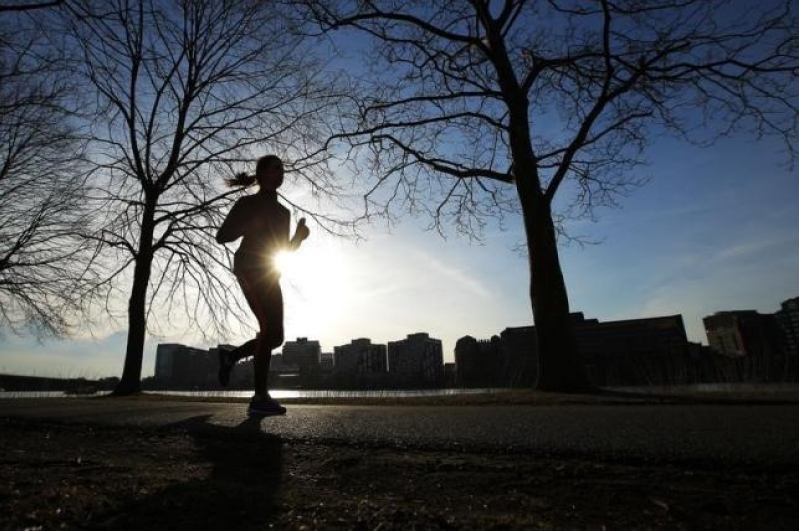
Exercise gives tremendous benefits for our body. It keeps us fit, healthy and strong. Now, a new study shows that the physical fitness is critical for maintaining a relatively youthful brain, the New York Times published.
A study, to be published in journal NeuroImage, compared the brain capacity of younger and older adults in Japan. Findings show older adults who have daily physical activity have more functional brains, and they have mental capacity similar to younger ones.
In order to arrive at these conclusions, researchers from University of Tsukuba in Japan examined 60 Japanese men between the ages of 64 and 75 who did not have dementia or other forms of cognitive impairment.
Then on another day, the researchers tested the participants' aerobic fitness. After that, they recorded each participant's brain activities. Each volunteer has attached tiny probes across their foreheads and scalps. The probes used infrared technology to know the person's blood flow and oxygen uptake in various parts of their brain.
The researchers determined the volunteers' brain capability by giving them complex, computerized tests. Volunteers have to read the name of a color word that was printed in a different hue (for example, the word "red" printed in yellow).
The color naming activity requires a lot of attention from participants. Studies proved that these tasks boost brain activity in the left hemisphere of the prefrontal cortex.
For older adults, the task is known to require more effort from them. Moreover, they have to exert more brain activity to name the color, compare to younger people with less cognitive effort. This phenomenon is called Harold--hemispheric asymmetry reduction in older adults.
After a series of analysis, researchers found that physically fit adults showed little or no extra activity in their right hemisphere - just like younger people. Moreover, they did not need the both sides of their brain to name the colors in the task. They also answered quickly and more accurately.
According to Centers for Disease Control and Prevention, adults should have 2 and a half hours of moderate aerobic activity, such as brisk walking. They can also do 1 hour and 15 minutes of vigorous aerobic tasks like running. Unfortunately, only 20% of American adults do these recommendations.
Several studies proved that daily exercise is linked to younger and more functional brain. Exercise also helps to eliminate stress and improve sleeping patterns.
You can follow these 25 moves from Ace fitness to help you stay fit and have healthy brain. Using only your own body weight, these versatile moves can help you create a total-body workout that fits your needs and abilities.







